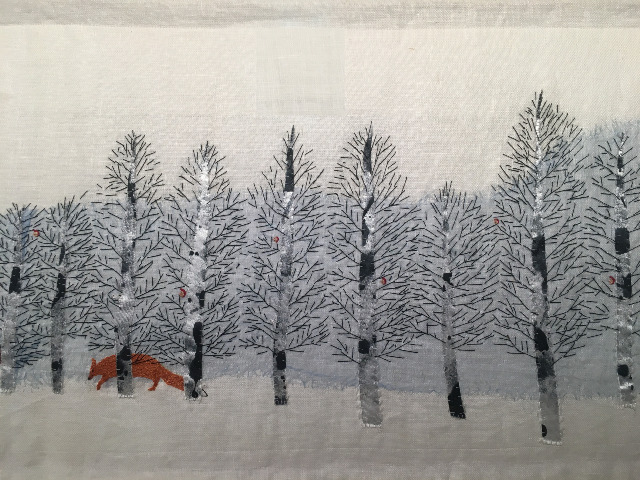A SVALURian attending the ASSW2022 part 3

Embodied field experience
It was the lecture of Virve Ravolainen that caught my attention during the Science Day; an ecologist’s perspective sounded human. „An image-based signal is just an image-based signal until we know what is happening in the field,“ Virve commented on possibilities of remote sensing. Before the congress started, I had an interesting conversation with Hanne Christiansen (Arctic Geology, UNIS) about the key importance of field experience and how the direct and embodied knowing of the field site triggers scientific thinking, new questions and looking for connections. In another session again, a question was posed whether remote sensing can substitute for fieldwork, e.g. now since the war renders travelling to Russia impossible. The answer is: only to a certain extent. Satellite images speak in monosyllabic words. Without studying in detail the socioeconomic context (thus, without ethnography), there is no deep understanding.
We revisited the topic of the necessary „being there“ also during our breakfast working session with Christiane Hübner from SIOS, discussing further the common SIOS-SVALUR poster for the upcoming Arctic Encounters. It is not easy to visualize and formulate how stories and experiential knowledge can converge with standardised data, but we all agree it’s worth the effort. During a panel discussion toward the end of the congress, a question was raised from the auditorium about how observation networks can communicate better with people who could potentially use the data in a practical, straightforward way (such as e.g. Indigenous herders). The answer given was: „To get to know each other. To spend time together. Researchers should be obliged to spend time in communities. We live very separate lives.“
SVALUR’s take-home
So, were these 8 days worth the time away from my family, the money and the ecological footprint? The answer depends on what kind of value we ascribe to things and relationships. The IASC Carbon Footprint Action Group, whose workshop I attended during the congress, pointed out that travel belongs to the most environmentally impacting activities of (Arctic) researchers.
When weighting the benefits, the biggest plus in my eyes is the analogue contact with colleagues. Looking into the flames with Annette Scheepstra in Árdna, laughing with Maarten Loonen on the bus to the city centre, having great dinner at Ann Lennert’s place in Hamna, and even the brief chat about work and life with Virve Ravolainen, those are memories that feed in my motivation to work on SVALUR together with them. But I also appreciate meeting my colleagues from the Social & Human Working Group of IASC, the Svalbard Social Science Initiative, and beyond. Knowing each other in person fosters responsibility, from sending a promised email to real collaboration.
But there are also more tangible „results“, or rather seeds of results that must be taken care of.
One, the idea was born to write a paper together with natural scientists working on Svalbard about the importance of embodied field experience, and about the role engaging with the field plays for scientific thinking and work. Remote sensing, databases and FAIR datasets are very important, but we lose something crucial if we think we can do without fieldwork.
Two, SVALUR can learn a lot from other projects that try to converge natural and social science, art and Indigenous (in the case of SVALUR „only“ local) environmental knowledge. Hopefully the planned panel in September 2022 at VANDA Anthropology Days on Production of knowledge about climate/environmental change (https://vanda.univie.ac.at/call-for-papers/) will be a useful step on this path.
Three, the next edition of ASSW is taking place in February 2023 in Vienna, with the overarching theme The Arctic in the Anthropocene. Shouldn’t SVALUR aspire to offering a workshop at ASSW23, displaying work done but also inviting others to share and develop it further? I would be eager to help!
And if wishing for a war-free world by then is utopian, let’s hope at least for a war-free Europe.
Over de auteur
Zdenka is post-doc at the Arctic Centre working for the Svalur project

